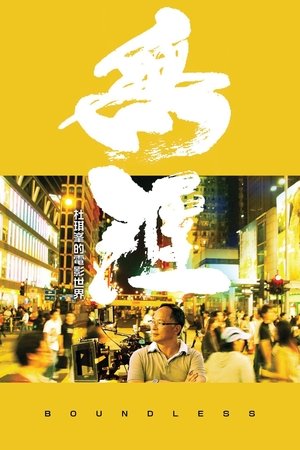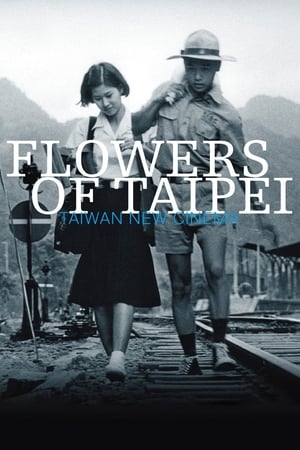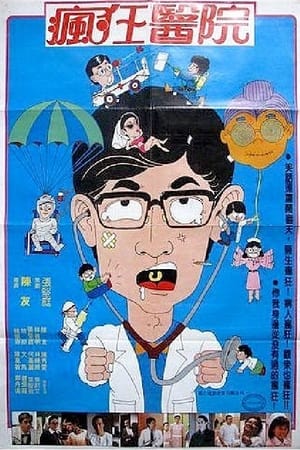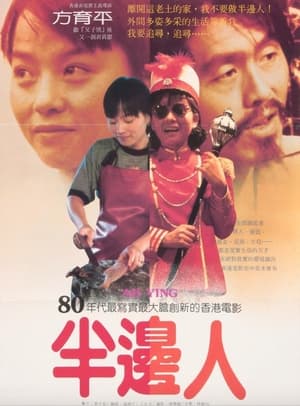
Shu Kei
Shu Kei, whose real name is Kenneth Ip, was born in Hong Kong in 1956 and started writing film criticism while still in secondary school. After graduating from University of Hong Kong, majoring in English, he joined Commercial Television as a scriptwriter. After that station went out of business, Shu started working for Golden Harvest as scriptwriter and assistant director. He also founded Film Biweekly Magazine (later renamed City Entertainment) and acted as chief editor. Shu made his directorial debut in 1981 with Sealed with a Kiss, about a romance between two mentally handicapped youngsters. The film was marked by a refreshing departure from the glut of police dramas, horror films and black-magic movies that were flooding the market. Between 1981 and 1984, Shu was a programmer for the Hong Kong International Film Festival and, from 1984 to 1986, promotion manager for D & B Films. He directed his second feature, Soul, in 1986, which won the Best Cinematography prize at the Hong Kong Film Awards for Chris Doyle. In 1990, he directed the documentary Sunless Days for the Japanese television station NHK, which was awarded the OCIC Award at the 40th Berlin International Film Festival and the Jury Award at the Rimini Film Festival in Italy. His other works include Hu-Du-Men (1996), which won Best Actress awards for star Josephine Siao at several film festivals, including the 41st Asia Pacific Film Festival, the 33rd Golden Horse Awards in Taiwan and the 2nd Hong Kong Film Critics Society Awards. Shu became a director through writing criticism. While film schooleducated directors like Ann Hui and Tsui Hark are representative of the first generation of young filmmakers who took Hong Kong cinema on a new direction, Shu Kei is considered a key member of the second generation. In addition to directing, Shu also took up distribution, founding Shu Kei’s Creative Workshop, which had promoted and distributed over 200 art films and non-mainstream works, such as Blue Kite (1993), directed by Tian Zhuangzhuang; Farewell, My Concubine (1993), directed by Chen Kaige; Chungking Express and Ashes of Time, both directed by Wong Kar-wai. He had also produced a number of films, including Beijing Bastards (1993), directed by Zhang Yuan; Postman (1995), directed by He Jianjun; and First Love Unlimited (1997), directed by Joe Ma. In 1997, Shu opened P.O.V. Bookstore, a retailer devoted to film. He had been an Artist in Residence at Chinese University of Hong Kong’s Shaw College, as well as guest lecturer at the Department of English and Comparative Literature at the University of Hong Kong. In 2002, he worked as senior lecturer at the Hong Kong Academy for Performing Arts, later becoming dean of School of Film and Television. He is also the author and editor of various books, including Hong Kong Films of 1994 (editor); Hong Kong Films of 1995 (editor); Song of the Big Road, The Memoir of Sun Yu; A Comparative Study of Cantonese and Mandarin Films in Post-War Hong Kong--the Films of Zhu Shilin and Chun Kim; A Retrospective of 1960s Cantonese Cinema (editor); Ann Hui’s Vietnam Trilogy Screenplays (writer and editor) and Chinese Beauties (novel). His latest directorial work is The Dream, a segment of the omnibus film Beautiful 2014 (2014), adapted from a short story by author-director Evan Yang (Yi Wen).






